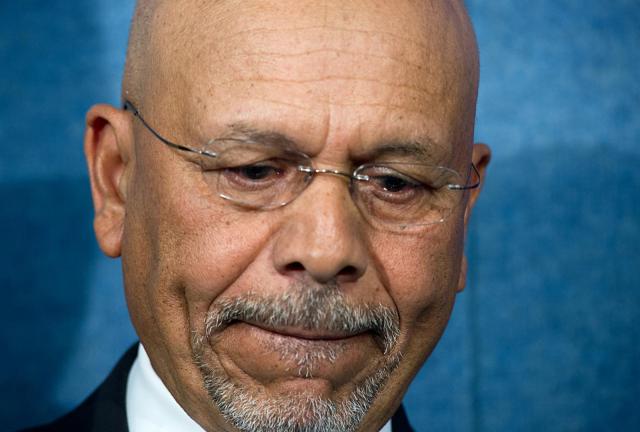Tripoli, 31 December:
The conference organised by the Fatwa Office on Libya’s future constitution has called for the Constitutional Commission to be . . .[restrict]elected rather than appointed by the General National Congress.
According to the Libya news agency LANA, participants to the conference which ended on Saturday, also recommended that the members should have no links to any political party and that they be individually approved beforehand by the Fatwa Office and the Supreme Judicial Council.
This is the first time that there has been any suggestion that elected officials be approved by any organisation other than the Integrity Commission. It is likely to prove controversial.
The question whether the Constitutional Commission should be elected or appointed is already controversial. It was originally intended to be appointed but the former NTC changed the rules just before the Congress elections in July in a bid to appease Cyrenaica federalists who were threatening to disrupt the polls.
Since then, the mood among Congress members has been in favour or rescinding the change and appointing the Commission, whose 60 members will still selected in the basis of 20 from Tripolitania, 20 from Cyrenaica and 20 from Fezzan. However, Cyrenaica federalists, for whom support in the east seems to be growing, are determined that the choice should be via the ballot box.
A recent opinion poll suggested that the majority of people in Tripoli also want the Commission to be elected.
The participants at the Tripoli conference entitled “The constitution – hopes and prospects” and organised in collaboration with the Ministry of Awqaf and Islamic Affairs together with the Ministry of Local Government, were opposed to a federal system, calling Libya a unified sovereign state that could not be divided. However, they also urged decentralisation of the administration and a fair distribution of the country’s wealth on geographic as well as demographic lines.
They also appeared to indicate a preference for a quasi-presidential system. However, they said that there had to be a separation of power between state institutions, that presidential powers had to clearly divined so that authoritarianism was no longer possible and that a president should be limited to two terms in office.
According to LANA, another recommendation was that “judgments must be made in the name of Allah and not in the name of people” the latter being dismissed as a Western concept. In a reference to the supremacy of Sharia law, the participants called for the constitution to “include a fundamental base which should be above the Constitution and not subject to any referendum”. The laws in Libya, participants recommended, must be issued according to Islamic law. They also said that the constitution should state that “Islam is the state religion, that all approved sources of Islamic law are the only bases of legislation and that anything contrary to that is considered null and void”.
Freedom and rights, participants agreed, were a divine gift no one had the right to restrict it. They said that Islam urged respect for the citizen and preserved his rights but also imposed upon him certain duties in order to ensure the well being of state and society.
[/restrict]









